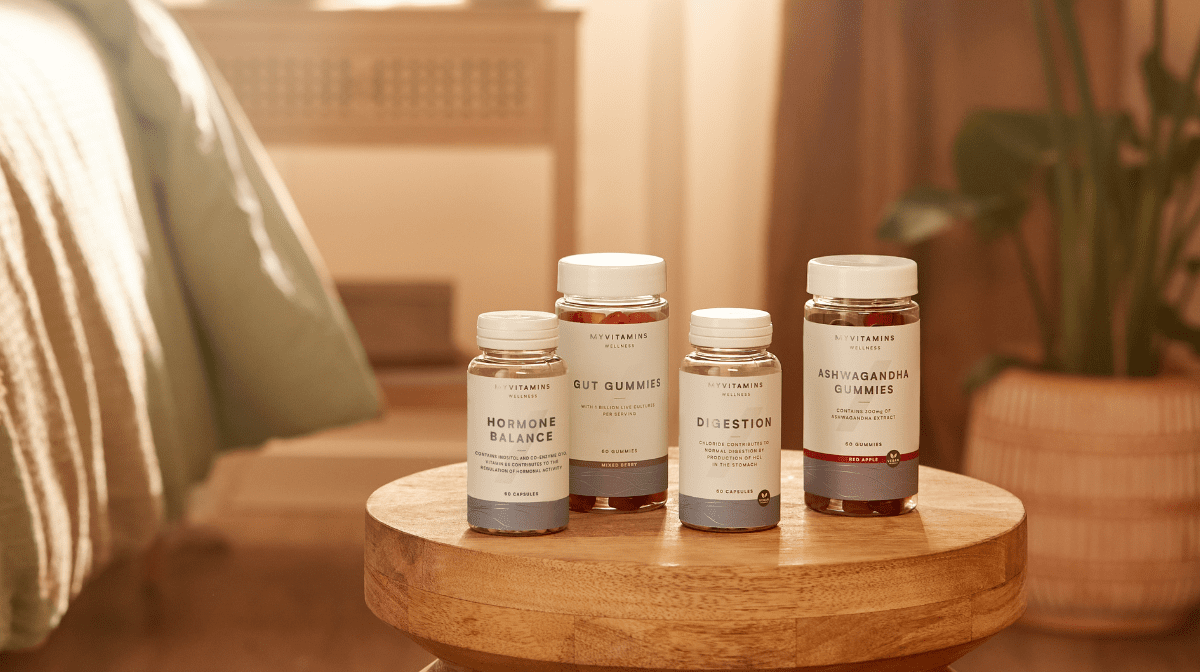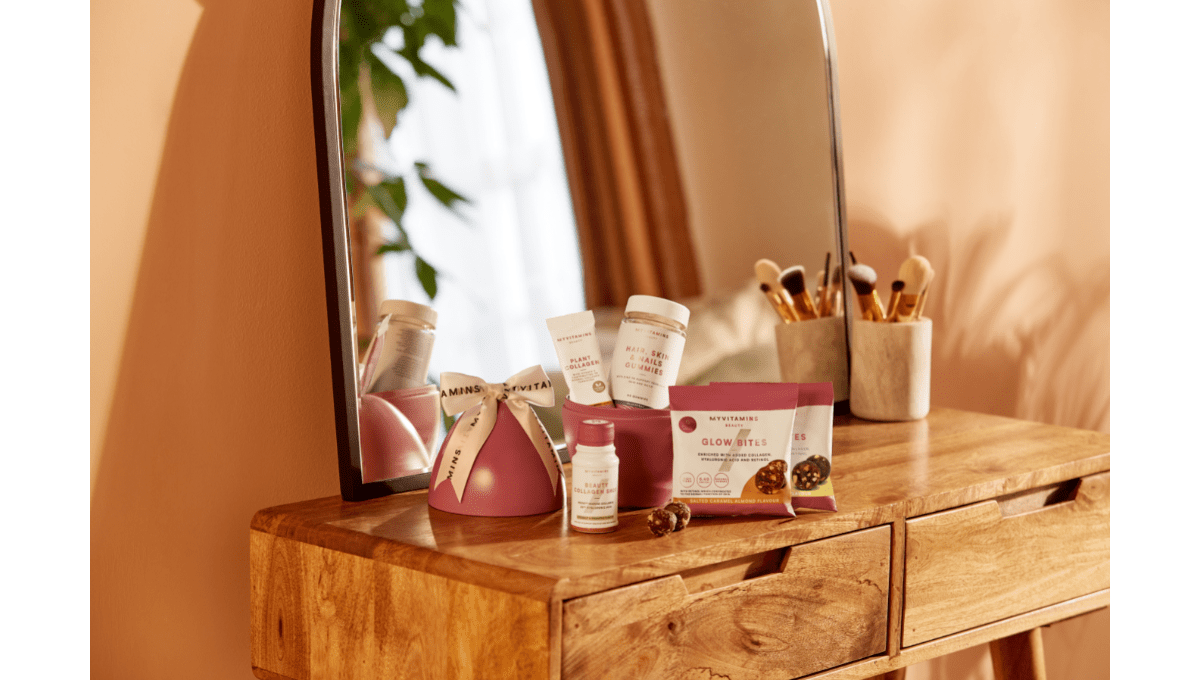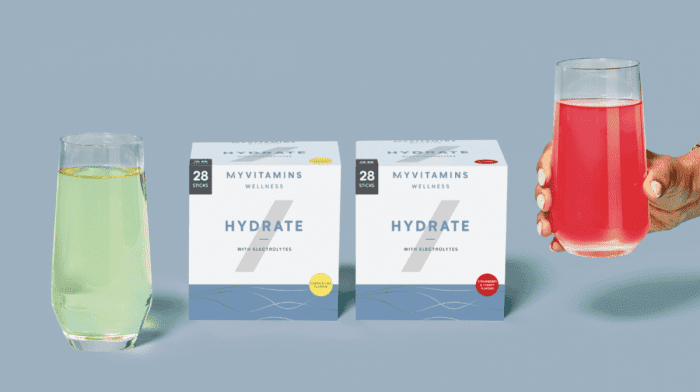Your gut is so much more than the way you convert food into energy. It is linked to many areas of your health including mental health and weight loss. An ideal gut microbiome is made up of a diverse range of bacteria that, along with other digestive aids, help to break down your food into the vital nutrients you need and encourage the production of the hormones needed to maintain a healthy body. Improving your gut health can be the first step to improving other areas of your health too.
A poor gut microbiome is common in the modern diet which is full of ultra-processed, quick convenience foods – and it isn’t hard to see why when you are working long stressful hours and you just want to eat something. A combination of stress, sleep issues, and a poor diet can soon see you with tummy issues that lead to something more serious. Conditions like inflammatory bowel disease (IBD), irritable bowel syndrome (IBS), metabolic diseases and other conditions linked to your digestive system can be made much worse when you don’t stop to think about whether this is good for your gut.
A healthy gut may see you with more energy, improved moods, and better immunity, and leave you feeling healthier overall. Gut health may also play a part in weight management with one study finding significant differences in the gut bacteria of lean and obese individuals, including twins (1).
Here are 7 habits to help improve your gut health:
Simple dietary and lifestyle changes can play a huge part in improving your gut health, and while it is understandable that you may not achieve them all at once, it is certainly worth taking each of our tips one step at a time. Here are 7 habits you can start implementing to improve your gut health.
Give your Diet a Heath Check
As with most things related to health, you may want to first look at what you are eating and putting in your body. Afterall, a good gut requires the right kind of foods to work properly and if you feed it foods that it’s not particularly good at processing then it’s going to leave you feeling not particularly good too. Depending on your current diet, you might only have to make a few effective tweaks, or you might be looking at a complete overhaul. If it’s the latter, take it a few steps at a time – small sustainable changes will quickly turn into habits compared to giant leaps.
The first food you need to be looking at when it comes to your gut health is fibre. Fibre isn’t digested by the gut, so it helps to keep everything pushing through smoothly. It also feeds the good bacteria that live there. If you don’t have enough fibre, then other foods you eat take too long to pass through your digestive system. This can lead to conditions such as excessive bloating, lethargy, IBS, IBD, and even colorectal cancer. Good sources of fibre include many fruits and vegetables, whole grains such as rice and pasta, beans, and pulses. Fermented foods are also a fantastic source of fibre, and help feed the good bacteria. If you can, try adding foods such as kimchi and sauerkraut to your day.
Secondly, look at the amount of ultra-processed foods and particularly those high in refined/added sugars. Ultra-processed foods tend to contain lots of preservatives, flavour modifiers, and ingredients that your gut doesn’t necessarily break down. They also contain high amounts of sugar, and while your body requires energy, too much in the form of refined sugar can cause an overgrowth of bacteria which can leave you with digestive issues such as SIBO.
Some foods such as dairy and gluten can also cause inflammation, which in turn has a negative effect on the gut – especially conditions such as coeliac disease. This does not mean you should be cutting out these foods; however, if you think you may be intolerant or sensitive to any foods then you should talk to your doctor and try to avoid them to reduce the risk of inflammation. Alcohol can also be included within foods to limit, as your body uses a lot of energy and resources trying to process and remove it from your system. However, there is some evidence that small amounts of red wine may be beneficial due to the polyphenols (antioxidants) which may help the good bacteria (2).
Improve your Sleep Routine
The importance of a good sleep routine can never be emphasised enough – especially when it comes to improving your gut health. Your gut is responsible for producing many neurotransmitters such as dopamine and serotonin, which help with mood and sleep. Sleep gives your gut the chance to take a break so it can ensure there is the proper balance of bacteria in the gut, and that it is functioning properly.
Your digestion and gut never stop working, even when you are asleep; however, sleep is when repair and maintenance happen. It is also a time when you are not eating food, giving the body (including the gut) time to check all systems are working as expected. A disruption in sleep, even a couple of nights (3) can alter the most healthy of gut microbiomes.
You can improve your sleep by:
- Getting into a sleep routine based on 7-8 hours each night, for example, 10pm-6am
- Stop using your devices an hour before bed
- Keeping your bedroom dark and cool (around 18°C)
- Limit caffeine in the afternoon (4)
- Take a melatonin supplement (talk to GP first)
- Replace mattress, pillows, and covers if they are no longer comfortable
Hydrate your Gut
Water is needed for every cell in your body and it is particularly important when it comes to your gut. It is essential for digestion as it helps to get things started after a meal and is also involved in moving things along, and clearing out waste. As waste food travels along your digestive system, your gut bacteria feed off of the waste products and any water your body needs, is absorbed. However, if you are dehydrated then there is very little water available, which can result in constipation, slow digestion, and bloating. It may also lead to acid reflux or stomach ulcers.
It can be difficult to keep on top of your water intake but you need to remember that water is also found in tea, coffee, milk, fruit juice, and fruits and vegetables. It is recommended that you drink around 6-8 glasses of water but this varies from person to person and the time of year – you need more water during the hot months. Keeping a water bottle on you is an easy way to keep on top of your water intake, as is a habit tracker which can remind you to drink water if you haven’t logged any recently.
Take Gut Health Supplements
We all need a little help sometimes and that can include giving a boost to your gut through supplements. Digestion starts before you’ve even put your food in your mouth, with enzymes being released into your saliva at the very thought or smell of your impending meal. A multitude of enzymes, acids and bacteria in your digestive system then continues the process to extract the nutrients your body needs. However, for some, these stages are impaired or completely missing which is where gut and digestion supplements can help.
Obviously, the best thing for gut health is to feed it the right food but years of dieting, poor food choices, and health implications means that supplementation might be needed. There are a range of prebiotics, probiotics and digestion aids that helps feed your existing bacteria, increase the levels of good bacteria in your gut and help with the general digestion of your food.











